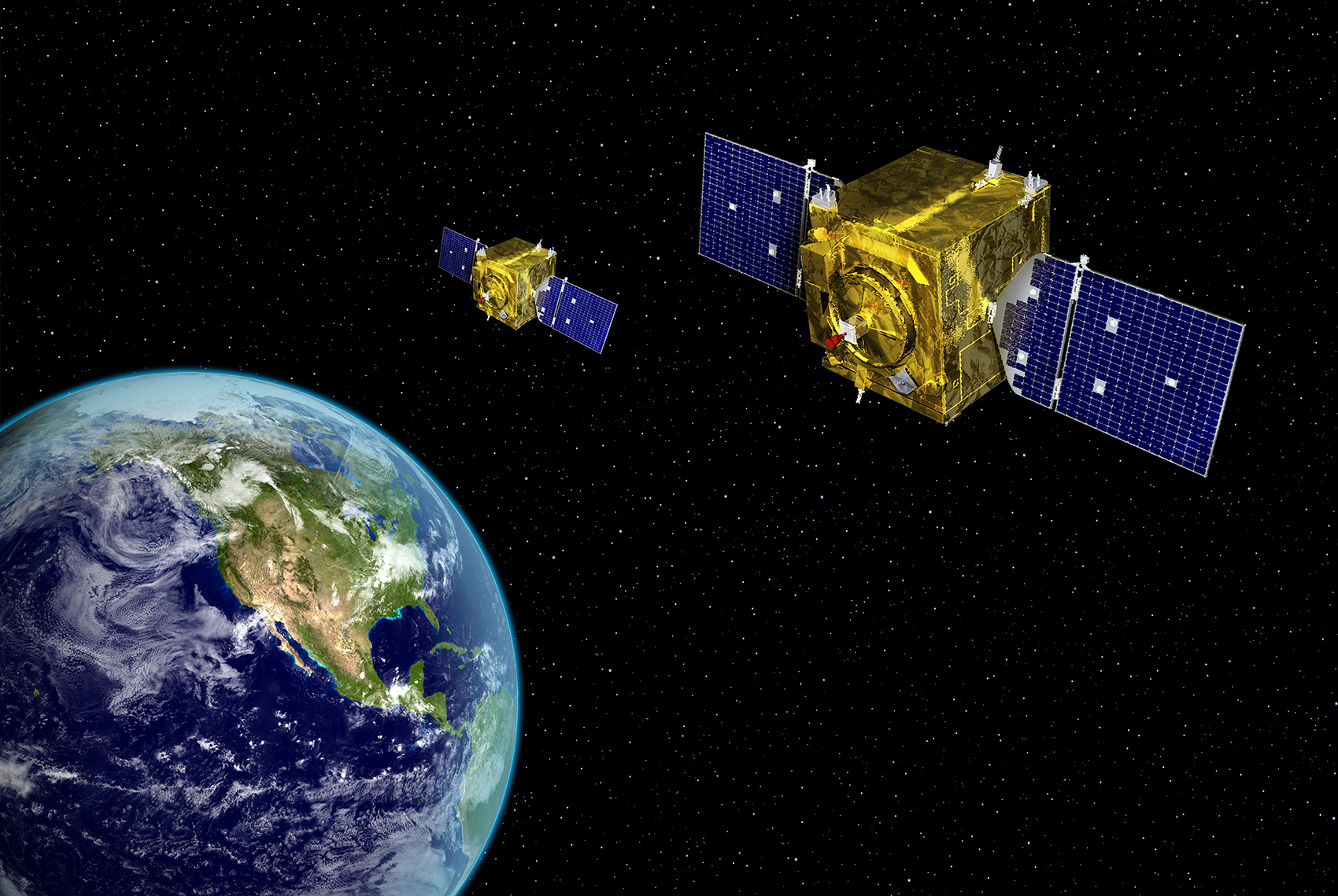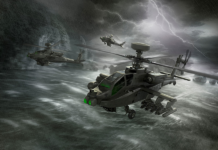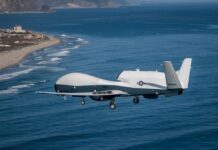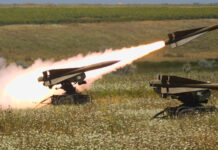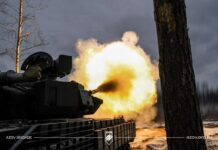The United States needs to deploy more manoeuvrable satellites to stay ahead of its adversaries in the space domain, the deputy commander of US Space Command (SPACECOM) has said.
Speaking on 6 July 2023 at the Mitchell Institute for Aerospace Studies in Arlington, Virginia, Lieutenant General John E Shaw argued that, while systems that provide communications and many national security systems are probably going to remain positional, such as those used for missile warnings, there are emerging sets of platforms that have to overcome this positional approach.
“Since the dawn of space age, we’re doing it wrong,” Lt Gen Shaw was quoted as saying in a news item released by the US Department of Defense (DoD). “What we’ve really been doing is what I call positional space operations. We launch a platform into orbit and we tend to leave it right in that orbit. And the only energy state changes from that orbit tend usually to be station-keeping manoeuvres, maybe some slight repositioning, depending on what you’re doing. That’s not going to be sufficient anymore.”
The new generation of satellites, said the general, “need to probably spend most of their lifetime changing their energy state and manoeuvring as opposed to staying in orbit”.
The Geosynchronous Space Situational Awareness Program (GSSAP) is one example where manoeuvrability would be desirable, he said. GSSAP satellites operate in a near-geosynchronous orbit – that is, an orbit that matches the Earth’s rotation – to track and characterise man-made orbiting objects more accurately than ground-based systems. They can also be used, Lt Gen Shaw said, to determine if an adversary’s satellite is behaving suspiciously with malicious intent.
Operating in a dynamic, more manoeuvrable manner would allow the US DoD to achieve surprise and gain the initiative against adversaries in ways not possible today, the general argued.
Noting that collaboration with allies, partners and other agencies is important, Lt Gen Shaw said that SPACECOM is working closely with the Department of Commerce to help set up an architecture for space traffic management, given that space has become increasingly commercialised.
He additionally observed that the Ukraine conflict has highlighted the importance of space for surveillance and communications, noting, for example, that Russia has been trying to jam the GPS and navigational satellite systems used by Ukraine, while Ukraine has responded in kind.
Peter Felstead



